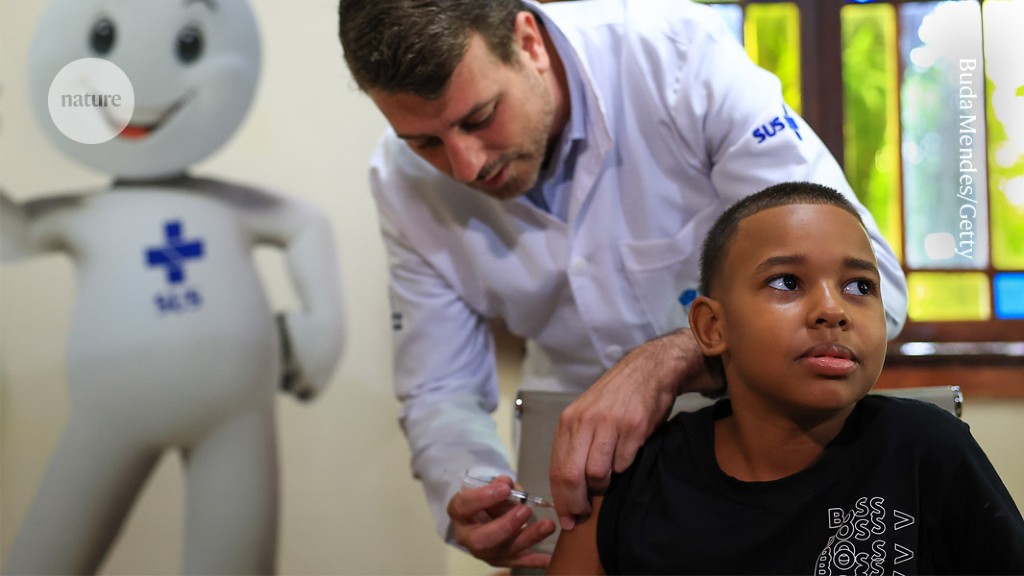
Dengue fever is a mosquito-borne disease that has been spreading rapidly in Brazil. The Aedes aegypti mosquito, which thrives in hot and humid conditions, is laying its eggs in stagnant water found everywhere from discarded tyres to flower vases. There is no specific treatment for dengue disease that can cause fever and body aches and death. Rising temperatures associated with climate change have contributed to an expansion of the disease into southernmost region of Brazil, which was once too cold for Aedes aegypti mosquitoes.
